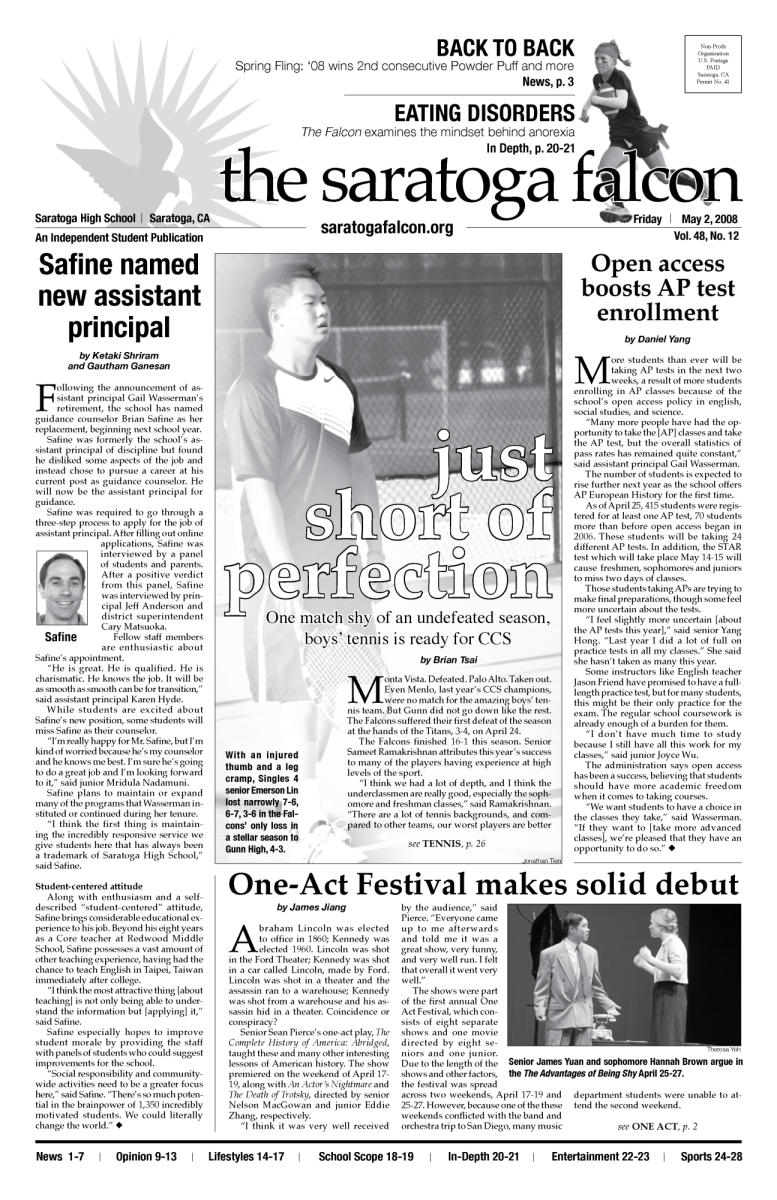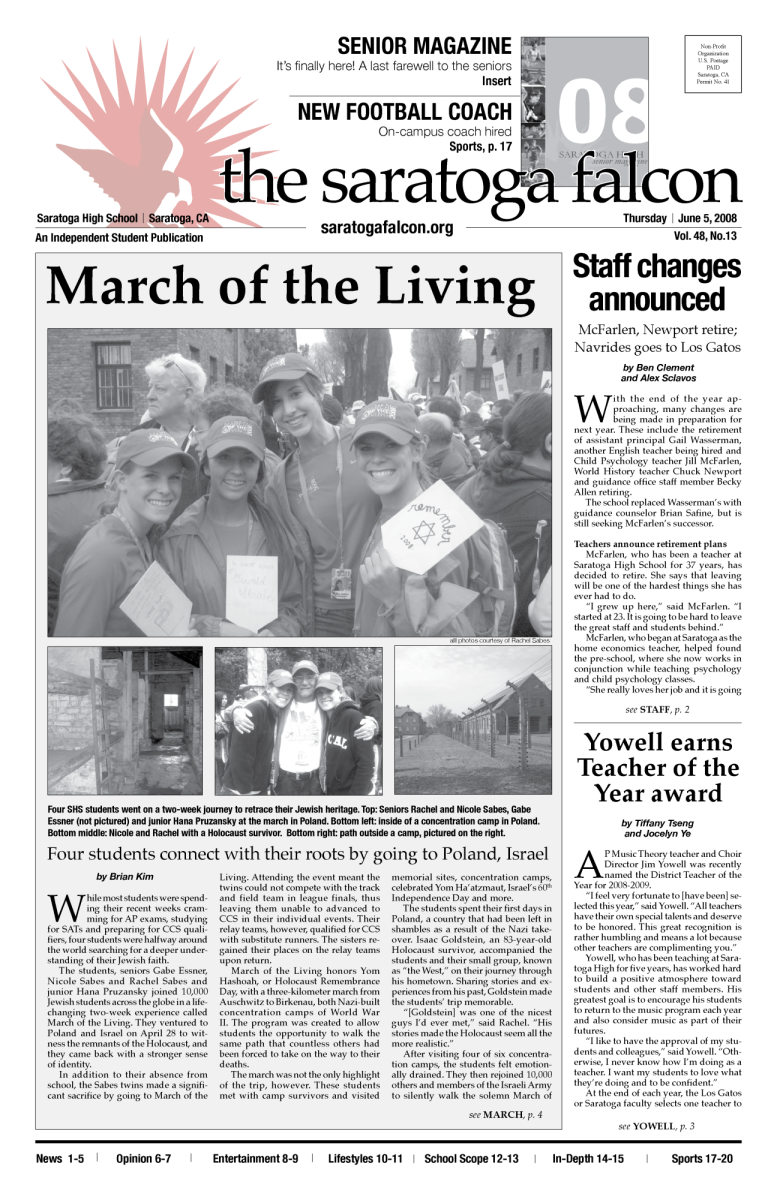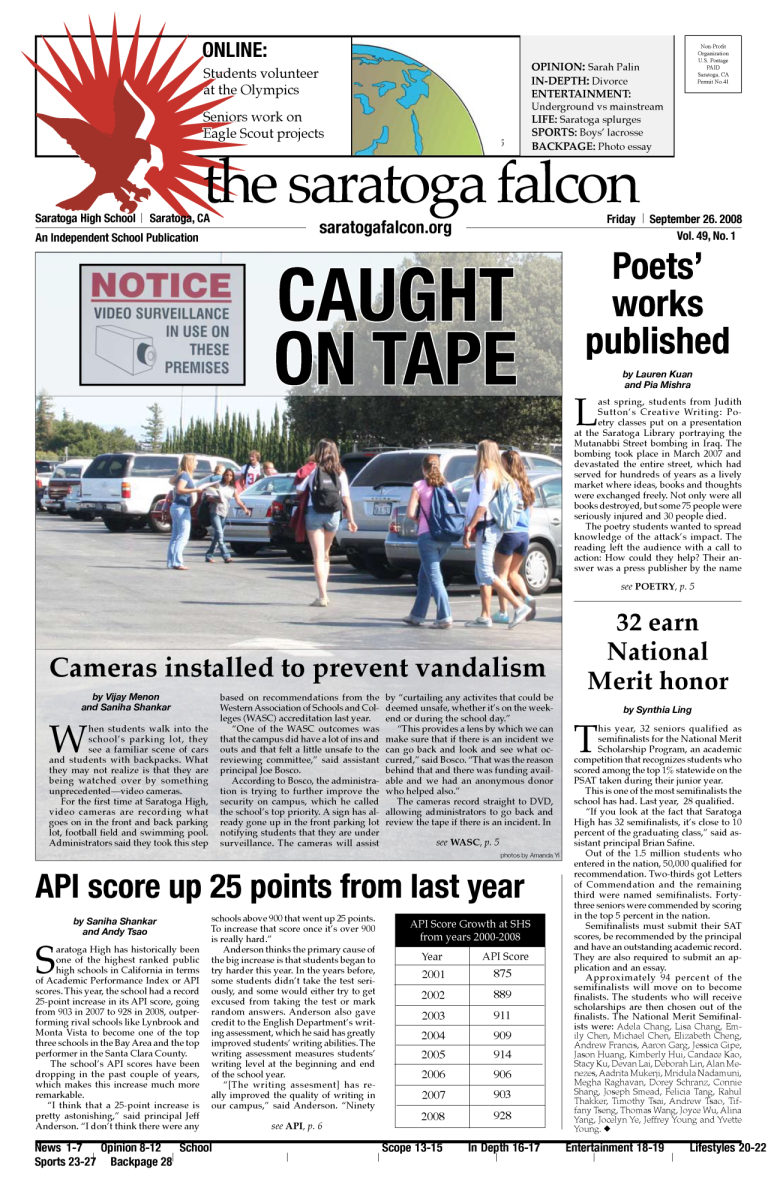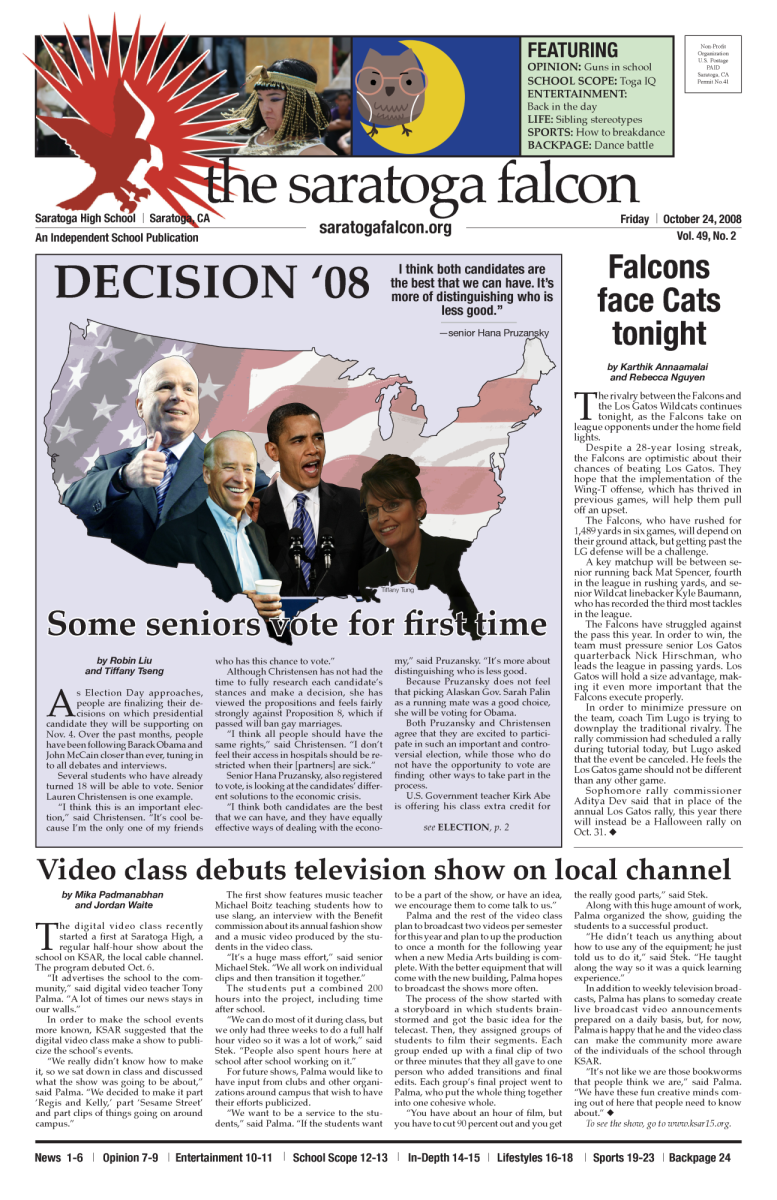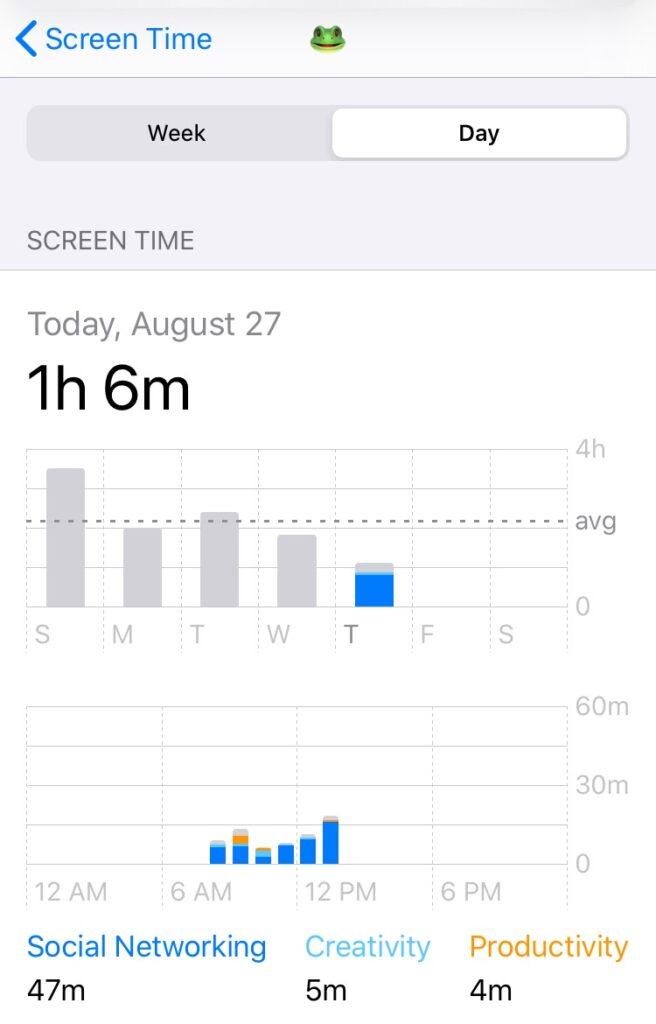When I was thrown into shelter-in-place in March, I thought that my only remedy for complete and utter boredom was scrolling aimlessly on my phone.
One hour would be dedicated to sending duck face Snapchats to my friends, another two hours would be spent watching dancing videos on Tik Tok and the rest of my screen time was accredited to my Explore Page on Instagram.
Yes, staring at my screen made me completely forget about the outside world, which was a relief in the early part of the global panic. But when I finally put my phone down, I felt completely drained and almost worthless.
Subconsciously, I was glued to images and videos on my phone because they were expressing all the things I was missing. Snapchats from my friends reminded me of my lack of social interaction, pictures of Instagram models reminded me that I was wearing the same hoodie for three days straight and “Summer Day in the Life” vlogs reminded me of the exciting junior year summer I was supposed to have.
It took some deep reflection for me to realize that perhaps being electronics-free was better than constantly remembering that my life was dramatically different.
First, I deleted TikTok, which, in retrospect, wasn’t that difficult of a thing to do. I immediately felt free of the underlying toxic energy that TikTok possesses as soon as it was off my home screen.
I also made a concerted effort to unfollow any Instagram accounts that didn’t make me actively happy. Instead, I narrowed my following down to friends and influencers who were bringing positivity to their platform, whether through advocating for social justice or encouraging body confidence.
Possibly the most important change I made when it came to my screen time was altering the way I communicated with friends. I realized that sending Snapchat streaks to people wasn’t making me any closer to them. In fact, the same people I was “talking” to every day, I hadn’t actually caught up with in months.
I took a break from Snapchat for a week, and spent this time FaceTiming the friends that I drifted apart from during quarantine. I found this to be much better for my mental health, as it was refreshing to actually hear someone’s real voice, rather than see text on a screen.
After a week of making a conscious effort to not check Snapchat, I was shocked to find out that I didn’t care to get back on the app. No one noticed I had been inactive, which was a wake up call that this was not the way to interact with others.
Since significantly cutting back on my phone use, my boredom hasn’t been completely cured, but I’ve taken up hobbies that I never would’ve even tried when I was obsessed with my phone. I am much more into playing music and value an afternoon spent baking or working out.
More importantly, I’ve come to enjoy spending time with myself, no longer feeling the need to grab my phone whenever I’m alone. Instead, I’ve learned that boredom isn’t necessarily a bad thing, and that embracing this feeling of monotony is crucial to having a better outlook on life.

























